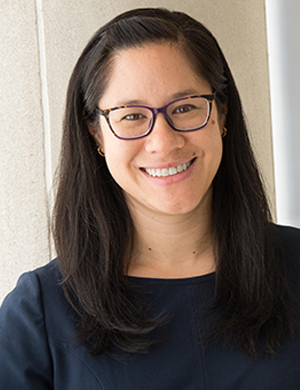

Aaron S. Kirschenfeld
Alexa Z. Chew
ABSTRACT: Legal information has been available in widespread digital format for more than forty years. In that time, law librarians have wondered whether this digital switch has changed how law students and lawyers conduct research and, if so, what those changes are. Does legal research differ when conducted in print sources rather than computerized sources? What influence did the systems of organizing law in the print era have on the digital systems that followed?
While we cannot put these questions to rest, we hope to shed some light on those differences by studying the work of lawyers and courts from the print era, the transition-to-digital era, and the digital era. Using a metric called “citation stickiness,” we studied how often parties to an appeal and the judges hearing that appeal agreed on the cases relevant to resolve the issues on appeal. This, we hoped, would also show whether there were perceptible differences in coherence and stability of the legal information landscape.
Citation stickiness works like this: a citation is “sticky” if it appears in at least one party’s brief and then again in the court opinion. In an initial study of 325 federal court cases from 2017, 49% of the 7,552 cases that were cited in the courts’ opinions had been cited by at least one party in a brief.[1]
This study considers cases from the United States Court of Appeals for the Fourth Circuit decided in 1957, 1987, and 2017. After examining the citations in the briefs and opinions in our sample of cases, we compare our findings from the pre-digital era and from the digital era. What we learned surprised us: stickiness was lower in the pre-digital era, not higher, as predicted by earlier scholarship.
